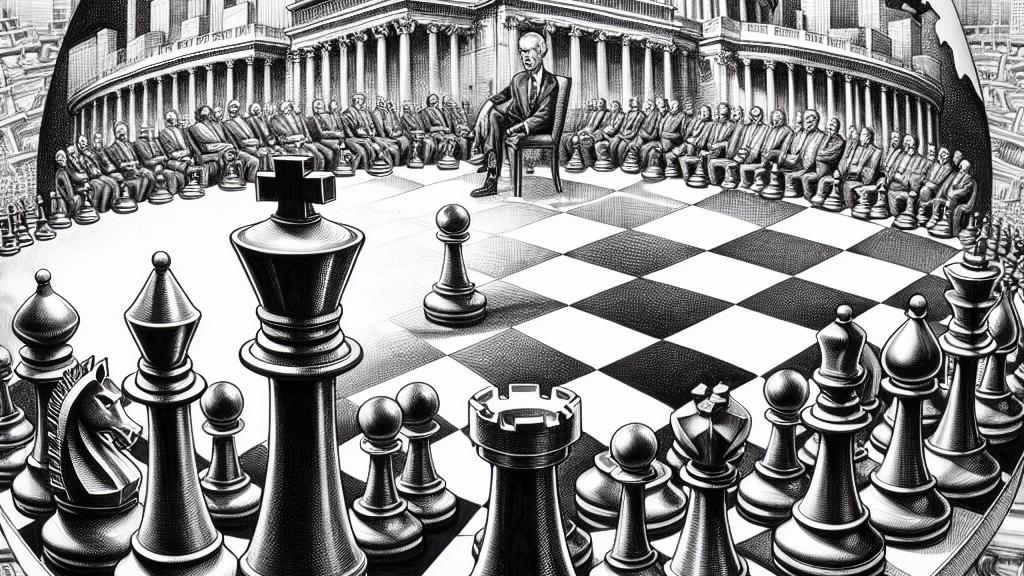Steel Showdown: Japan's Bold Move to Acquire US Giant Faces Biden's Dilemma!
Overview
- Nippon Steel's ambitious bid to buy US Steel ignites fierce political discourse.
- Biden's administration is poised to block the acquisition, prioritizing national security.
- A surge of bipartisan opposition reveals the delicate balance between global investment and American manufacturing.

The Daring Acquisition Proposal
In a dramatic twist reminiscent of an industrial revolution, Nippon Steel has launched a bold proposal to purchase US Steel for a staggering $14.1 billion. This acquisition is not just a numbers game; it symbolizes the intense rivalry that simmers beneath the surface of global commerce. As the discussions unfold in Washington D.C., they evoke passionate debates about the very future of American steel. National security fears loom large, sparking concerns that a foreign entity might control a cherished American institution. It's a scenario that raises eyebrows and draws the ire of lawmakers who view US Steel as not merely a company, but a vital piece of America's economic identity.
Biden's Staunch Opposition Amid Political Turbulence
In the heart of this controversy, President Biden stands resolute, offering a passionate address to a gathering of unionized steelworkers who demand protection for their livelihoods. His assurances echo like a battle cry: the essence of American steel must remain within American hands. However, the political waters are muddied; some within his administration advocate for welcoming foreign investment, reminding us that not all global engagements are adversarial. Here, we witness a classic political chess match, with every move scrutinized as stakes rise for workers, industries, and the very foundation of American manufacturing.
Navigating the Future: Challenges and Opportunities Ahead
Peering into the future, the outcome of this acquisition remains shrouded in uncertainty, much like a fog enshrouding a bustling city at dawn, hinting at potential yet unclear paths. While vocal opposition escalates, experts warn that resistance alone may not suffice to derail Nippon Steel's aspirations. The competitive landscape is evolving, compelling American stakeholders to rethink their strategies for maintaining industrial strength and national pride. This pivotal moment stirs a national conversation about what it means to be American in an interconnected world. It dares us to consider the stories we will tell future generations about the choices we made during this crucial juncture in history.

Loading...